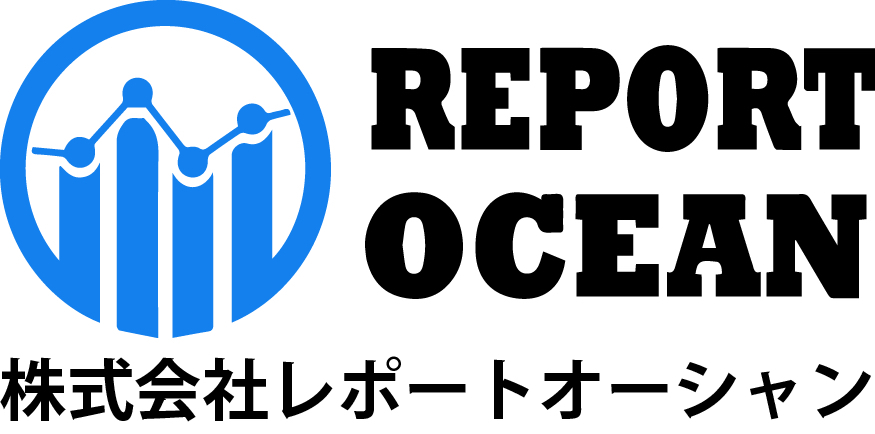日本接着剤市場規模、シェア、競争環境、トレンド分析レポート:タイプ別(合成(アクリル、ポリ酢酸ビニル(PVA)、ポリウレタン(PU)、エチレン酢酸ビニル(EVA)、エポキシ、スチレンブロック、その他)、天然(動物性接着剤、カゼイン接着剤、天然ガム、デンプンおよびデキストリン、その他))、形態別(ペースト、液体、反応性、シリコーン、UV硬化、その他)、 技術別(水性、溶剤性、ホットメルト、反応性、シリコーン、UV硬化、その他)、形態別(ペースト、液体、フィルム、その他)、用途別(紙・包装、履物・皮革、建築・建設、自動車・輸送、電子機器、ヘルスケア、木工・建具、その他): 2024-2032 年の機会分析と産業予測
レポートID : ROJP0524108 |
最終更新 : 2024年05月 |
フォーマット : ![]() :
: ![]() :
: ![]()
Table of Contents
1. Research Methodology
2. Project Scope & Definitions
3. Impact of COVID-19 on the Japan Adhesives Market
4. Impact of Russia-Ukraine War
5. Executive Summary
6. Voice of Customer
6.1. The automobile industry is booming:
6.2. Excessive amounts of chemicals used in adhesive manufacturing
6.3. Increasing demand in the healthcare sector:
6.3.1.Brand Name
6.3.2.Quality/Grade
6.3.3.Pricing
6.3.4.Quantity
6.3.5.Price
6.3.6.Product Specification
6.3.7.Ease of Use
6.3.8.Packaging/Supply Form
6.4. Frequency of Purchase
6.5. Medium of Purchase
7. Japan Adhesives Market Outlook, FY2017-FY2031
7.1. Market Size & Forecast
7.1.1.By Value
7.1.2.By Volume
7.2. By Type
7.2.1.Synthetic Adhesives
7.2.1.1. Acrylic
7.2.1.2. Polyvinyl Acetate (PVA)
7.2.1.3. Polyurethane (PU)
7.2.1.4. Ethylene-vinyl Acetate (EVA)
7.2.1.5. Epoxy
7.2.1.6. Silicone
7.2.1.7. Styrenic Block
7.2.1.8. Others
7.2.2.Natural
7.2.2.1. Animal Glue
7.2.2.2. Casein Glue
7.2.2.3. Natural Gums
7.2.2.4. Starch & Dextrin
7.2.2.5. Others
7.3. By Technology
7.3.1.Water-Based
7.3.2.Solvent-Based
7.3.3.Hot melt
7.3.4.Reactive
7.3.5.Silicone
7.3.6.UV-cured
7.3.7.Others
7.4. By Form
7.4.1.Paste
7.4.2.Liquid
7.4.3.Film
7.4.4.Others
7.5. By Application
7.5.1.Paper and Packaging
7.5.2.Footwear and Leather
7.5.3.Building and Construction
7.5.4.Automotive and Transportation
7.5.5.Electronics
7.5.6.Woodworking and Joinery
7.5.7.Others
7.6. By Region
7.6.1.North
7.6.2.Central
7.6.3.South
7.7. By Company Market Share (%), FY2023
8. Supply Side Analysis
8.1. Capacity, By Company
8.2. Production, By Company
8.3. Operating Efficiency, By Company
8.4. Key Plant Locations (Up to 25)
9. Market Mapping, FY2023
9.1. By Type
9.2. By Technology
9.3. By Form
9.4. By Application
9.5. By Region
10. Macro Environment and Industry Structure
10.1. Supply Demand Analysis
10.2. Import Export Analysis – Volume and Value
10.3. Supply/Value Chain Analysis
10.4. PESTEL Analysis
10.4.1. Political Factors
10.4.2. Economic System
10.4.3. Social Implications
10.4.4. Technological Advancements
10.4.5. Environmental Impacts
10.4.6. Legal Compliances and Regulatory Policies (Statutory Bodies Included)
10.5. Porter’s Five Forces Analysis
10.5.1. Supplier Power
10.5.2. Buyer Power
10.5.3. Substitution Threat
10.5.4. Threat from New Entrant
10.5.5. Competitive Rivalry
11. Market Dynamics
11.1. Growth Drivers
11.2. Growth Inhibitors (Challenges, Restraints)
12. Key Players Landscape
12.1. Competition Matrix of Top Five Market Leaders
12.2. Market Revenue Analysis of Top Five Market Leaders (in %, FY2023)
12.3. Mergers and Acquisitions/Joint Ventures (If Applicable)
12.4. SWOT Analysis (For Five Market Players)
12.5. Patent Analysis (If Applicable)
13. Pricing Analysis
14. Case Studies
15. Key Players Outlook
15.1. 3M Japan Ltd.
15.1.1. Company Details
15.1.2. Key Management Personnel
15.1.3. Products & Services
15.1.4. Financials (As reported)
15.1.5. Key Market Focus & Geographical Presence
15.1.6. Recent Developments
15.2. Nitto Denko Corporation
15.3. Konishi Co., Ltd.
15.4. Toyochem Co., Ltd.
15.5. Aica Kogyo Company, Limited
15.6. Sika Japan Ltd.
15.7. Henkel Japan Ltd.
15.8. Lintec Corporation
15.9. Yokohama Rubber Co., Ltd.
15.10. Sekisui Fuller Co., Ltd.
*Companies mentioned above DO NOT hold any order as per market share and can be changed as per information available during research work
16. Strategic Recommendations
17. About Us & Disclaimer
無料サンプルを入手する ![]()
この無料サンプルには、トレンド分析から推定・予測まで、さまざまなデータが含まれています。
最新レポート
お問い合わせ
-
- JAPAN : 03-6899-2648
-
- EMAIL : [email protected]







